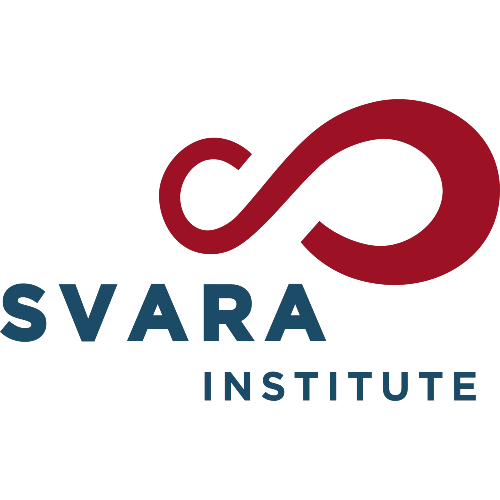The distribution of food, medicines, and cosmetic products continues to increase and become more diverse in line with the shift of the society’s consumption patterns. Access to safe and nutritious products in sufficient quantities is key to maintaining quality of life and improving public health. In this case, the Indonesian Food and Drug Supervisory Agency (BPOM) plays a vital role in ensuring that the distribution of food, drug, and cosmetic products are safe for public consumption.
As part of efforts to continuously raise public awareness and improve the monitoring of safe food and medicines, BPOM has implemented various programs and interventions targeting the general public, businesses, and regional areas. These interventions include the Communication, Information, and Education (KIE) Program, Guidance and Mentorship Activities (KBP), Safe Food Villages Program, Safe Food Markets Program, and the increase in non-physical Special Allocation Funds (DAK).
To assess the effectiveness of BPOM’s interventions in improving public health, this study focuses on analyzing the relationship between the programs implemented by BPOM during the 2020–2023 period. This study has significant implications, particularly for BPOM, in contributing more substantially to the improvement of public health while providing empirical evidence to support the improvement of policy design related to safe food and medicines in the future. The findings from this study can serve a solid foundation for the sustainability and innovation of BPOM’s future programs.
